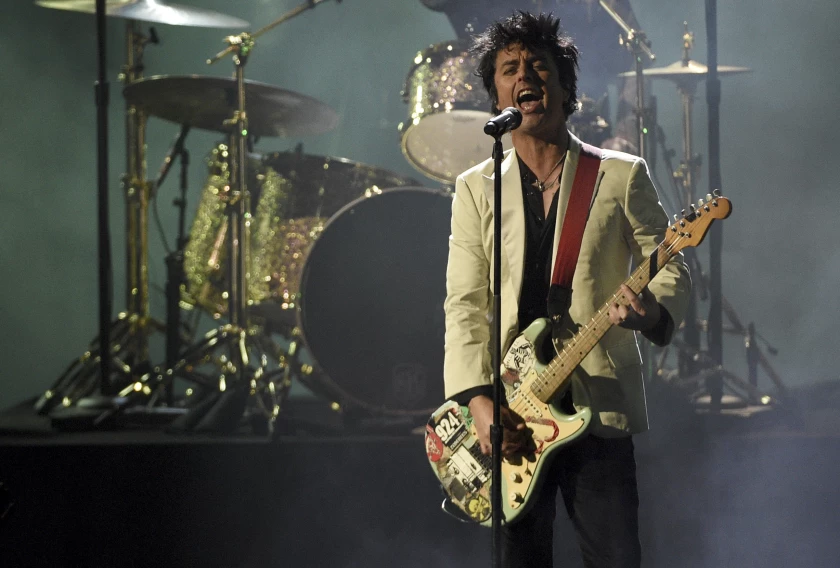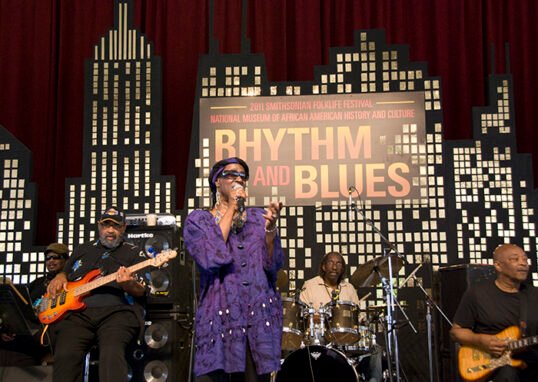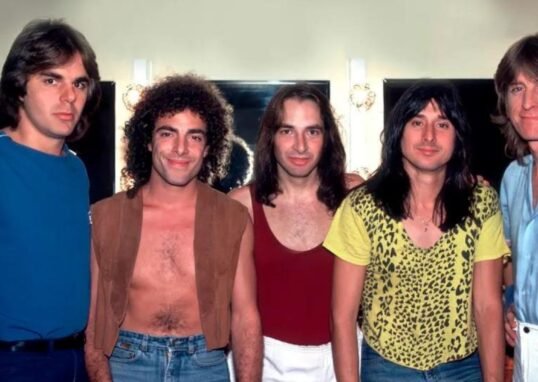
The influence of rock music on literature began in the 1960s, a decade known for its cultural upheavals and artistic experimentation. During this period, rock music wasn’t just a soundtrack to social change—it was a catalyst for new ideas and expressions in literature. Writers began to incorporate the energy, rebellion, and raw emotion of rock music into their works, leading to a rich tapestry of literary exploration.
Literary Reflections of Rock Music Themes
Rock music often explores themes of rebellion, love, loss, and societal change, which are also prevalent in literature. For example:
1. Rebellion and Youth Culture
Rock music has always been associated with youth rebellion and defiance against societal norms. This theme is vividly reflected in literature, especially in works that capture the spirit of the rock era. Books like “The Catcher in the Rye” by J.D. Salinger and “On the Road” by Jack Kerouac mirror the rebellious ethos of rock music. These novels explore themes of disillusionment and a desire for freedom, resonating with the anti-establishment sentiments expressed in rock lyrics.
2. Romanticism and Love
The intense and often tumultuous nature of rock music’s portrayal of love can be seen in literary works as well. “High Fidelity” by Nick Hornby delves into the complexities of love and relationships through the lens of a rock music enthusiast. The book reflects how rock music influences the characters’ emotional lives and romantic experiences, drawing a parallel between literary and musical expressions of love.
3. Societal Change and Political Activism
Rock music has frequently been a voice for political activism and social change. This influence extends into literature, where writers use their work to reflect and critique societal issues. “The Electric Kool-Aid Acid Test” by Tom Wolfe captures the counterculture movement of the 1960s, a period heavily influenced by rock music. Similarly, “Fear and Loathing in Las Vegas” by Hunter S. Thompson reflects the chaos and disillusionment of the era, mirroring the social critique often found in rock lyrics.

The Role of Rock Music in Shaping Literary Characters
Rock music’s influence extends into the creation of memorable literary characters. Many authors have drawn inspiration from rock musicians and their personas, creating characters that embody the spirit of rock music. For example:
1. The Troubled Rockstar
Characters modeled after rock stars often appear in literature, embodying the glamour and pitfalls of the music industry. “The Dirt: Confessions of the World’s Most Notorious Rock Band” by Mötley Crüe provides a raw and unfiltered look at rockstar life, influencing the portrayal of similar characters in fiction. These characters often grapple with fame, addiction, and personal demons, reflecting the dramatic narratives of rock music.
2. The Music Enthusiast
Literary characters who are passionate about rock music often serve as conduits for exploring the genre’s impact on personal identity and cultural belonging. “Almost Famous” by Cameron Crowe presents a semi-autobiographical account of a young journalist’s experiences with rock bands, highlighting the profound effect of rock music on individual lives and artistic expression.
The Fusion of Rock Music and Literary Style
Some authors have directly incorporated rock music’s style and sensibilities into their writing. The fragmented, stream-of-consciousness approach found in much of rock music parallels experimental literary techniques. “A Clockwork Orange” by Anthony Burgess uses a unique linguistic style reminiscent of the rebellious spirit of rock music, showcasing how literary forms can mimic the innovative aspects of music.
Modern Literary Works Influenced by Rock Music
In contemporary literature, the influence of rock music continues to be evident. Authors like David Mitchell and Zadie Smith often reference rock music in their works, exploring its impact on modern culture and individual identity. For instance, Mitchell’s “Cloud Atlas” features characters whose lives are intertwined with music, reflecting the ongoing relevance of rock in literature.
Conclusion
The relationship between rock music and literature is a dynamic and evolving one. From capturing the rebellious spirit of rock to shaping memorable characters and narratives, rock music has left an indelible mark on the literary world. As rock continues to influence new generations of writers and readers, the connection between music and literature remains a rich and fascinating area of exploration.






